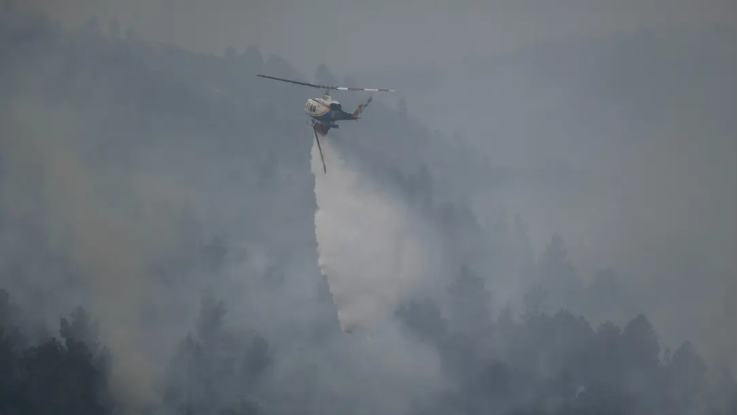UNSC Draft Resolution Calls for 'Immediate' Gaza Cease-fire, Release of Hostages
Members of the UN Security Council (UNSC) have circulated a draft resolution calling for 'an immediate, unconditional and permanent ceasefire' in Gaza along with the 'immediate and unconditional release of all hostages.' The draft was reportedly lightly edited in a bid to gain American support....
0:00
/1861
Facts
- Members of the UN Security Council (UNSC) have circulated a draft resolution calling for 'an immediate, unconditional and permanent ceasefire' in Gaza along with the 'immediate and unconditional release of all hostages.' The draft was reportedly lightly edited in a bid to gain American support.[1]
- The draft would also 'underscore' that the UN's primary agency for Palestinian refugees (UNRWA) 'remains the backbone of the humanitarian response in Gaza.' Last month, Israel's Knesset voted overwhelmingly to ban the UNRWA from operating in Israel over Israeli allegations that the agency works with Hamas.[2][3]
- In June, the UNSC adopted a resolution calling for an immediate cease-fire and the release of hostages based on the parameters negotiated by the US, Qatar, and Egypt, but talks stalled soon after.[1]
- Meanwhile, Lebanese Prime Minister Najib Mikati reportedly asked Ali Larijani, a top adviser to Iranian supreme leader Ali Khamenei, to help secure a cease-fire in Lebanon. Iran, which supports Hezbollah, said that it would 'stand by Lebanon's government and people.'[4]
- Lebanese media reported that the US handed over a draft of a proposed cease-fire deal to Lebanese Parliament Speaker Nabih Berri, leader of the Shiite Amal Movement who has been leading the talks representing Hezbollah.[4][5]
- Israel is reportedly seeking security guarantees in addition to the implementation of UN Resolution 1701, which ended the 2006 war between Israel and Hezbollah. As negotiations progress, the fighting continues, with an Israeli strike killing 12 people after hitting a civil defense center in Baalbek on Thursday.[4][6]
Sources: [1]Timesofisrael, [2]Naharnet, [3]CNN, [4]Associated Press, [5]Middle East Eye and [6]Reuters.
Narratives
- Pro-establishment narrative, as provided by NBC. Though the situation in the region continues to escalate, the US has stood firm in its role as a mediator. Israel has every right to respond to the daily terror attacks it has seen since Oct. 7. However, it's in no one's interest for tensions to explode into a wider regional war. The US will continue to work toward regional stability.
- Pro-Israel narrative, as provided by Tabletmag. Amid ongoing terror from Gaza, the West Bank, Lebanon, Syria, Iraq, Yemen, and Iran, the world has turned its back on Israel. Whole stretches of the region have been taken hostage by Iran-backed terror groups while Israel is fighting to liberate the Middle East. Indeed, Israel does not only have a right to defend itself — it has a right to win.
- Pro-Palestine narrative, as provided by Al Jazeera. Israel and the US are using the exact same playbook they've been using throughout this entire war — feigning diplomacy while escalating the conflict. Indeed, Israel has demonstrated that it seeks to expand its genocidal campaign that began in Gaza to Lebanon. Though the US, the most powerful country in the world, has continued its charade that it wants de-escalation, the reality is the US fully supports Israel's crimes across the region.







